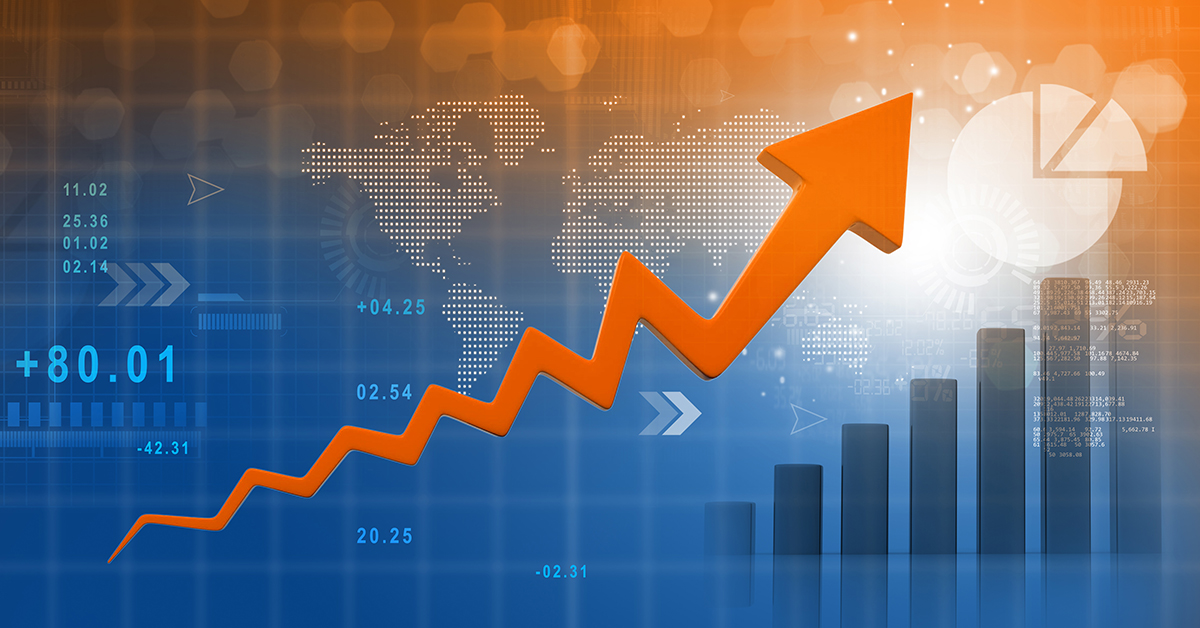July 11, 2025 | Abuja, Nigeria – Despite mounting global uncertainties, including intensifying trade tensions and the ongoing conflict between Israel and Iran, Nigeria’s economy has shown notable resilience in the first half of 2025, according to a new macroeconomic report by FSDH Merchant Bank.
The report highlights that Nigeria has managed to sustain economic growth and financial stability through a combination of structural reforms, increased non-oil exports, and a steady rise in investor confidence. Notably, the country recorded a trade surplus of ₦5.17 trillion in the first quarter of the year, driven largely by reduced imports and the expansion of agriculture and manufacturing exports.
The bank noted that the Purchasing Managers’ Index (PMI) consistently remained above the 50-point threshold, signaling sustained economic activity across sectors despite global disruptions. Inflation, which had peaked at 24.5% in January, moderated to 23% by May following adjustments in the Consumer Price Index methodology by the National Bureau of Statistics.
Further stabilizing the economy, the naira maintained a narrower foreign exchange band due to recent liberalization measures and enhanced market transparency. Foreign portfolio investments were also buoyant, with the Nigerian Exchange All-Share Index posting a year-to-date gain of 16.6%.
The report acknowledged the impact of rising oil prices, which surged by nearly 20% to an average of $80 per barrel following the Israel-Iran conflict. Nigeria benefited from this oil boom, recording an estimated foreign exchange inflow of $630 million in June alone.
However, analysts warned that higher petrol prices—hovering between ₦915 and ₦925 per litre in Lagos—could exacerbate inflationary pressures in the months ahead. Additionally, global uncertainties may influence capital flows and interest rate decisions.
FSDH projects that if current trends continue, Nigeria could close the year with a GDP growth rate between 4% and 4.4%, and inflation falling below 20%, provided fiscal and monetary policies remain aligned.
The report underscores the importance of sustaining economic reforms, promoting non-oil sectors, and boosting domestic production to shield the country from future external shocks.

